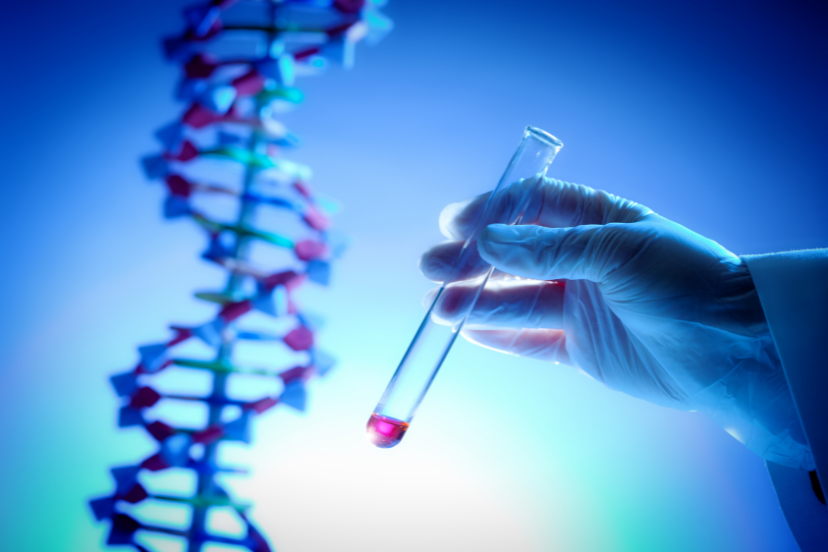Is Osteoporosis Genetic?
Introduction
In the realm of bone health, the question of whether osteoporosis is genetic often looms large. As we navigate the complexities of our health, understanding the role genetics play in conditions like osteoporosis becomes crucial. In this article, we embark on a journey to uncover the genetic underpinnings of osteoporosis and explore how familial factors might influence one’s susceptibility to this bone-weakening disease.
Is it really Genetic?
Yes, osteoporosis can indeed have a genetic component. While lifestyle factors such as diet, exercise, and environmental influences undoubtedly play a significant role in bone health, studies have shown that genetics also contribute to an individual’s predisposition to osteoporosis.
Unveiling the Genetic Mechanisms
Genetic Variants and Osteoporosis Risk
Numerous gene variants have been identified that are associated with an increased risk of developing osteoporosis. These variants can impact the density, structure, and strength of bones, ultimately predisposing individuals to bone fragility and osteoporotic fractures.
Familial Clustering of Osteoporosis
Research has revealed a notable familial clustering of osteoporosis, suggesting a hereditary component to the disease. Individuals with a family history of osteoporosis are at higher risk themselves, highlighting the influence of genetics on bone health.
Understanding the Genetics of Osteoporosis: FAQs
1. What role do genetics play in osteoporosis development?
Genetics can influence bone density, structure, and strength, thereby affecting susceptibility to osteoporosis.
2. Can osteoporosis skip a generation?
While osteoporosis can skip a generation, familial predisposition remains a significant risk factor for the disease.
3. Is there a specific gene responsible for osteoporosis?
Multiple genes contribute to osteoporosis risk, making it a complex polygenic disorder.
4. Can lifestyle changes mitigate genetic predisposition to osteoporosis?
While genetics play a role, adopting a healthy lifestyle can still positively impact bone health and reduce the risk of osteoporosis.
5. How can genetic testing help in osteoporosis prevention?
The testing may identify individuals at higher risk for osteoporosis, allowing for early interventions to prevent or manage the disease.
6. Are there genetic factors that influence treatment response in osteoporosis?
Yes, genetic factors can affect an individual’s response to osteoporosis medications, guiding personalized treatment approaches.
Conclusion
In conclusion, the question “is osteoporosis genetic?” underscores the intricate interplay between genetics and bone health. While genetics certainly contribute to osteoporosis risk, they do not dictate one’s destiny. By understanding the genes factors at play and adopting proactive measures to promote bone health, individuals can empower themselves in the fight against osteoporosis. So, whether osteoporosis runs in your family or not, investing in bone-friendly habits remains paramount for a strong and resilient skeletal framework.




